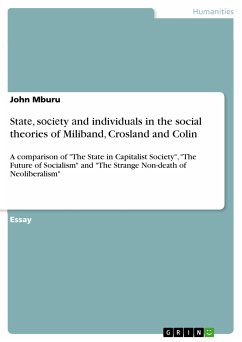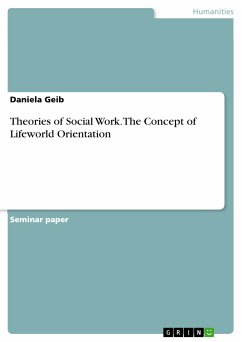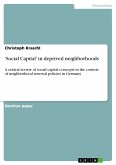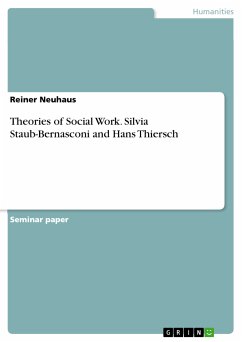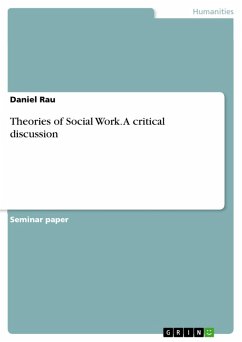Essay from the year 2013 in the subject Sociology - Individual, Groups, Society, grade: A, University of the People (Main), course: Sociology, language: English, abstract: The social theorist has taken different approaches to analyzing the nature of the state and the relationship between the state, society, and individual. The essay will look at the different approaches they use. In particular, the essay will critically analyze the nature and composition of the state, the relationship between the state and the individual and what constitutes the proper range of the state activities. The essay will heavily rely on three books that discuss social theory in depth. Miliband (1969) book, The State in Capitalist Society: The analysis of the Western System of Power will be critical to understanding both state theory and Marxist political thought. Miliband (1969) is concerned with the nature and the role of the state in developed societies. The second book will be the classic work of Crosland (1956); The Future of Socialism. In this book, Crosland (1956) gives the distinction between ‘means’ and ‘ends’, argues about the unjustified attack on inequalities, discuss the nature of capitalism and gives a liberal vision of the good society. Lastly, Colin (2011), in The Strange Non-death of Neoliberalism presents a critical analysis of the financial crisis and economic developments, arguing that there is no neat distinction between the state and the market.
Bitte wählen Sie Ihr Anliegen aus.
Rechnungen
Retourenschein anfordern
Bestellstatus
Storno

